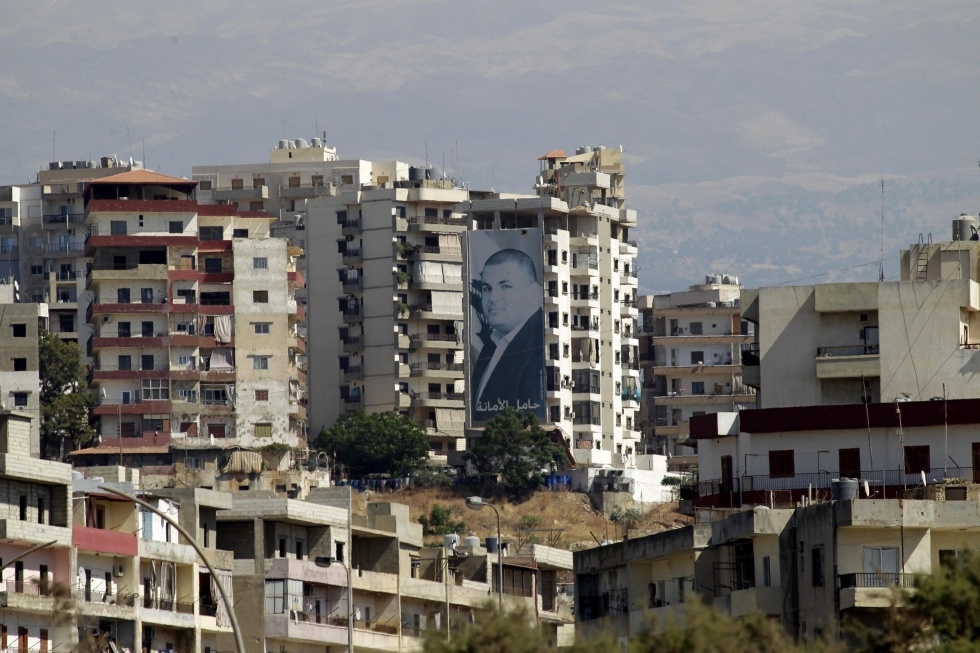Brother of pro-Assad leader killed in northern Lebanon

Gunmen on Monday killed a brother of the founder of Lebanon's main Alawite party in an attack in the country's north, security sources and a spokesman for the party said.
Badr Eid, the brother of former Lebanese MP Ali Eid, was shot as he drove through the Sunni village of Kuweikhat in Akkar region and later died of his wounds, security sources told AFP.
The assailants fled the scene in a vehicle, they added.
The victim’s brother is known for his support for Syrian President Bashar al-Assad and is the founder of the Arab Democratic Party, the most prominent Alawite political force in Lebanon now run by his son.
According to the Beirut-based newspaper The Daily Star, the attack was claimed by militants calling themselves the “Kuweikhat group”.
In a statement released after the attack, the group demanded the Eid family leave the Akkar region by Monday at 10pm (8pm GMT).
The statement said the assassination was carried out because members of the Eid family had “put up pictures of Syrian President Bashar al-Assad ... and assaulted the land”.
The Daily Star said that Eid, who is accused of aiding one of the main suspects in the bombing of two mosques in Tripoli in 2013, is believed to be residing in an area known as Khat al-Petrol at the border between Syria and Lebanon.
The Alawite community is an offshoot of Shiite Islam and is the sect of embattled Assad, who is facing a deadly rebellion by mostly Sunni rebels seeking to topple him.
In January, two suicide bombers killed nine people in Tripoli, hitting a cafe near Jabal Mohsen, in an attack claimed by the Syrian branch of al-Qaeda.
Though the tensions between the two communities have their roots in the 1975-1990 Lebanese civil war, sectarian hatred has spiralled ever since the outbreak of a revolt in neighbouring Syria.
Stay informed with MEE's newsletters
Sign up to get the latest alerts, insights and analysis, starting with Turkey Unpacked
Middle East Eye delivers independent and unrivalled coverage and analysis of the Middle East, North Africa and beyond. To learn more about republishing this content and the associated fees, please fill out this form. More about MEE can be found here.




